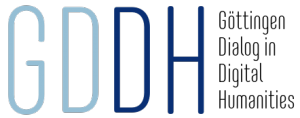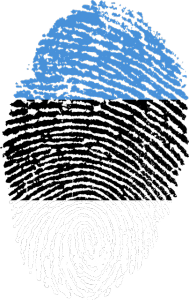We’re excited to announce that eTRAP will be giving its next text reuse tutorial as a pre-conference workshop of the Datech International Conference being held in Göttingen, Germany!
The tutorial will run on 30th May at the Historical Library Building (“Vortragsraum”, Papendiek 14, first floor) of the University of Göttingen.
The tutorial builds on eTRAP’s research activities, most of which deploy our TRACER machine. TRACER is a suite of algorithms aimed at investigating text reuse in different corpora, be those prose, poetry, in Italian, Latin, Ancient Greek or medieval German. TRACER provides researchers with statistical information about the texts 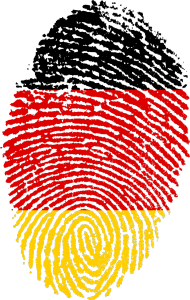 under investigation and its integrated reuse visualiser, TRAViz, displays the reuses in a more readable format for further study.
under investigation and its integrated reuse visualiser, TRAViz, displays the reuses in a more readable format for further study.
This tutorial is for anyone wishing to independently understand, use and run TRACER on his/her own data. For the purpose of the tutorial, participants will initially be working on an English data-set provided by eTRAP. Depending on the overall progress, we may also allocate some time for investigating the participants’ own data-sets! For more information about previous editions of this tutorial, visit our Events page.
If you’re interested in exploring text reuse between two or multiple texts (in the same language) and would like to learn how to do it semi-automatically, then this tutorial is for you! In order to provide everyone with adequate (technical) assistance, the workshop can only accommodate 15 participants. To apply to the tutorial, please send a short CV and a brief motivation letter to contact(at)etrap(dot)eu by 30th April 2017. Those accepted will have to register for the conference at http://ddays.digitisation.eu/registration/
In summary:
WHAT: TRACER tutorial for computational text reuse detection
WHEN: 30th May 2017, 9am-6pm
WHERE: GCDH, Seminar Room 1 (ground floor), Heyne Haus, Papendiek 16, 37073 Göttingen, Germany
WHO: For humanists and computer scientists alike who bring their own laptop
HOW MANY: Maximum of 15 participants
HOW: You may attend by applying to the email address provided and then registering to the conference. Registration to the conference is necessary for attending the workshop. There will be an extra charge of €50 for catering at the workshop and to receive the conference pack
LANGUAGE: The workshop will be in English, with assistance in German should it be necessary
OTHER: You will receive very clear instructions on what to bring and prepare before the workshop
We look forward to seeing you in Göttingen!
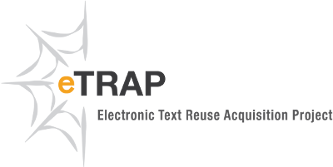
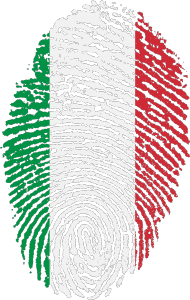 We’re very pleased to announce that eTRAP will be giving a text reuse tutorial in collaboration with
We’re very pleased to announce that eTRAP will be giving a text reuse tutorial in collaboration with 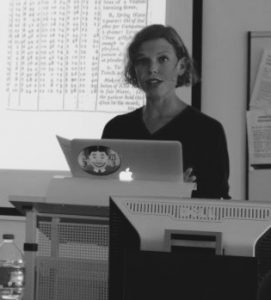
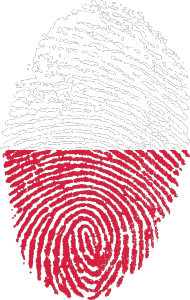 eTRAP will be attending the annual
eTRAP will be attending the annual 